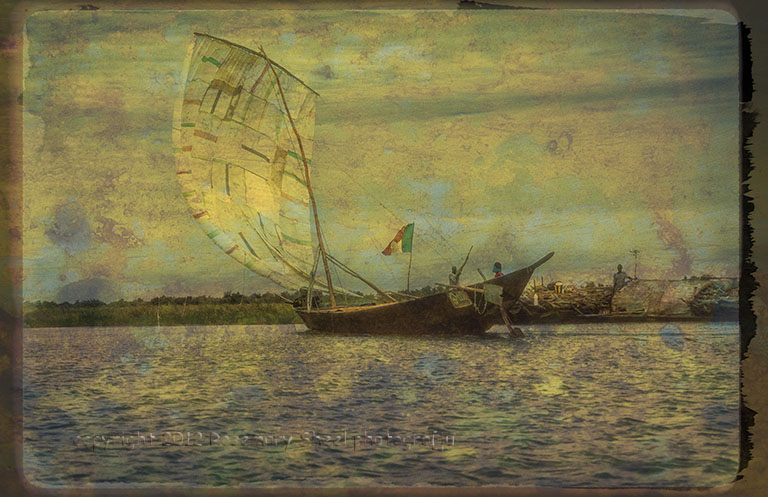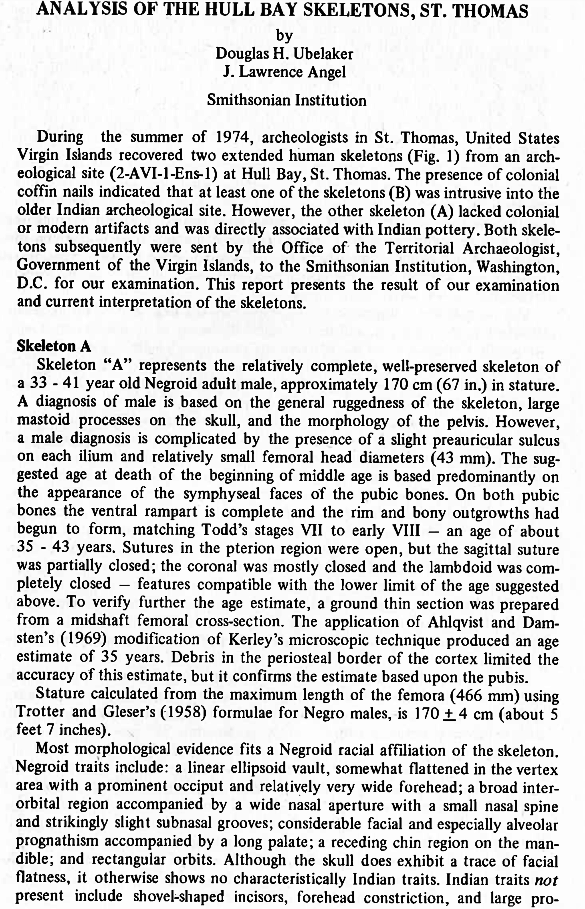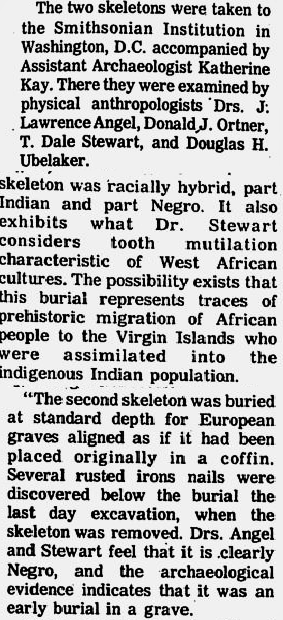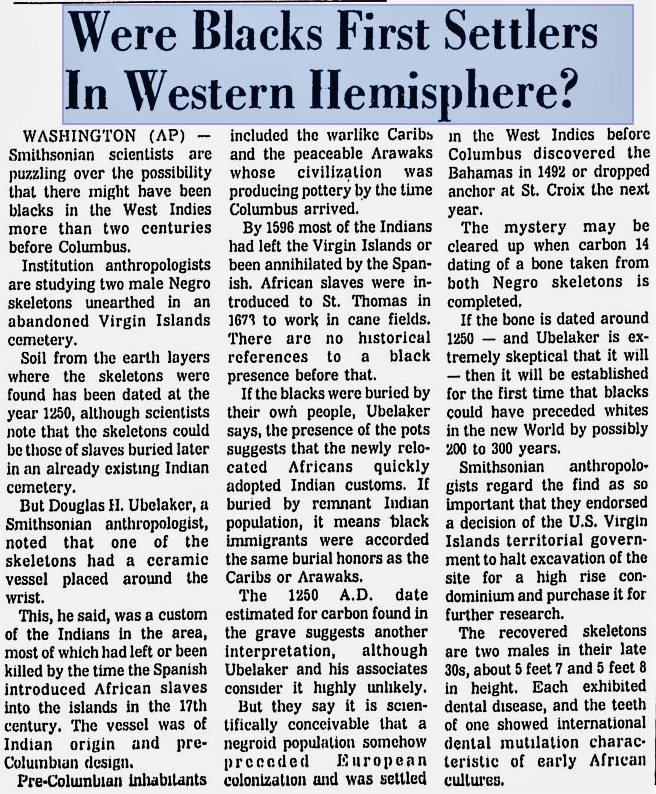I should've been more clear on what I meant by "primary source". What I'm looking for is the immediate (english)translation form Arabic source material. Not the actual recount from MM's predecessor himself. Obviously that's not going to be available. And I'm not so much worried about whether the voyage took place in this particular case at this point, but the legitimacy of the atlantic fleet quote itself. We know that that the english translations for MM giving out lots of gold in Cairo exist in the Corpus in the book Pathways to Vision, because multiple independent academic sources cite it and quote from it directly. Yet the only direct translation citations I've seen for the atlantic fleet quote come from a supposed French source which I haven't even been able to locate if said french source exist much less contain that quote.
Which that begs the question of why the atlantic fleet wouldn't be in the Corpus Pathways to Vision book where Al Umaris writings are yet his other writings like MM giving out gold are contained within it?
I'm inclined to believe it's because it's not legit. Though, I'm open to be proven otherwise.
Please do post the source which contains the name of the translator.
I literally posted the dictionary defintion of a canoe in my post you're responding to.
Go back and read it again
No, because the vikings did traverse the seas many times with their longships and built them for that specific purpose.
Now, the viking's longships did contain manually paddles for propulsion that they had to use in conjunction with the sails. So, I guess technically they'd fit the definition of canoes as well.
And according to
this and
this they actually did evolved from small one maned canoes, which might explain why they look and function so much like canoes.
And even still the vikings did a lot of island hopping to reach Newfoundland. It certainly wasn't a straight shot there. They were definitely taking many breaks to stop and refuel along the way.
Yes, that's a river canoe with mast and sail, and what is clearly a guy holding a oar in his hand to propel the canoe.
Yes I did. Reread my post.
I posted the dictionary definition of a canoe. Nothing in it mentioned anything about it being small or for fishing.
Yes, I know it's not from the Sahel/Savanna rivers, I simply posted it as an example of a non-stereotypical canoe that was used for war, since you were trying to say that the mailians used warships in the river to sack a town, which couldn't be true as ships by definition are meant for traversing seas and oceans not rivers.
I didn't say it did, I said the boats were MOST LIKELY propelled by paddles as the vast majority west african traditional boats are, thus would be canoes. The very well, and most likely IMO, could be canoes
You on the other hand did say they were ships, which they couldn't have been as they weren't traversing the oceans or seas with them.
Noted.
Already touched on this in a previous comment on this thread. The polynesian theory has SOME merits but has recently been called into contention by contradicting evidence.
The theory rested on the genetics of people on Easter Island, chickens, and crops in South America. Newer studies suggest that the genetics of the crops to not be related.
Polynesians may not have gone grocery shopping in South America
That the chicken dna of the polyesian islands and south america is distinct enough to not have any specific relation
Chicken DNA Challenges Theory That Polynesians Beat Europeans to Americas
And that the native american genetics on Easter Island may be due to Mestizo colonizers from Peru who targeted the island.
http://www.sciencemag.org/news/2017/10/did-early-easter-islanders-sail-south-america-europeans
So, you can't say for certain some of them reached South America. It's simply a possibility(that's looking increasingly less likely).
Though, I will say the polynesian theory has *
WAAAYYYY* more merits to stand on than the African pre-columbian contact theory we're arguing about now. And at one time was taken seriously by general community scholars of Pre-Columbian Americas, and still is to some extent while the African pre columbian contact theory is and always has been fringe.
But, yes polynesians and micronesians together did in fact manage to traverse huge(most?) parts of the pacific ocean with smallish paddled canoes with sails by using their expert knowledge in navigation to island hop. As I posted earlier to the other poster even some West African bantus managed to reach the small islands right off the coast of Equatorial Guinea by way of canoe before european contact. Other examples include West Africans in reaching the Bissagos islands off of Guinea Biassou by way of canoes as well.
What I'm maintaing is that they didn't have vessels capable of long distance water born travel in oceans hence why there's no solid evidence of them reaching the Cape Verde or
São Tomé and Príncipe islands which are too far off the coast for most west african canoes to reach.
Damn, breh. lol smh
This is really a terrible example and completely contradicts what you're trying to assert now that I've read the the actual study. You really should've vetted this source with more diligence before posting it. But, hey, I've made mistakes like this before too.
Anywho.........
I shouldn't even have to explain single piece of outdated findings from the 70s, which don't seem to have been corroborated with any additional evidence since then about a mere two skulls found at the same site one of which(skull B) doesn't support your claim as it was found to be buried in a "modern" fashion while the other(skull A) was buried in an "pre-colonial" fashion because it was buried with native pottery, and nothing else to suggest it was from a man who lived there in pre columbian times.
In fact the study itself shoots down the notion that it belonged to a black man who lived in pre columbian america and suggest that the indigenous artifact was simply placed there at the time of burial, and that carbon dating found it to be "%104 modern".
The actual study from which that screen shot you posted comes from.
http://www.stcroixarchaeology.org/files/Hull_Bay_Skeletons_-_Ubelaker_-_Angel.pdf
Only in those sensationalist newspaper clippings from the 1970s do they try to make those assertions, probably to sell more papers. But, not the actual study does NOT say that at all. The opposite in fact.
Don't see how it's like Madagascar when evidence shows that both bantus and malagasy to have reached the Island and coromos islands independently before europeans.
Yes, East African societies did indeed actually have real maritime communities and technology and there are practical reasons for that, which I won't get into now, that have nada to due with being more advanced societies. There are a plethora of archaeological evidence, dna evidence, and written sources to corroborate this that you wont have to go cherry picking vague unsubstantiated quotes or taking outdated studies about skull excavation completely out of context to find unlike the notion that west africans reached Cape Verde and much less America.
Not at all the same as West Africans and Cape Verdes.
Gonna need a little, no A LOT, more than that for me to take this seriously. None of the other places online I've seen make the same assumptions even bother to cite their sources individually for each claim.
I did actually try to find the original source for the claim that Arabs visited in the Island, as I found it most like to be true of all the claims yet all I was able to locate was this.
Looked up "libro del conoscimiento" which is apparently means "Book of Knowledge of All Kingdoms" which is an actual book. But, after that I ran into a dead end. I can't find any other source citing that book or quotes it as saying arabs visited Cape Verde in 1350. But, if you can manage to find the original source for that and especially the claims about wolofs and other african reaching Cape Verde before the portuguese, then I'd sure be interested in seeing them.
Not to even mention there's still no archeology evidence for any of these claims about pre-portuguese presence on the Cape Verde islands.
Until then this is a moot point for me.






